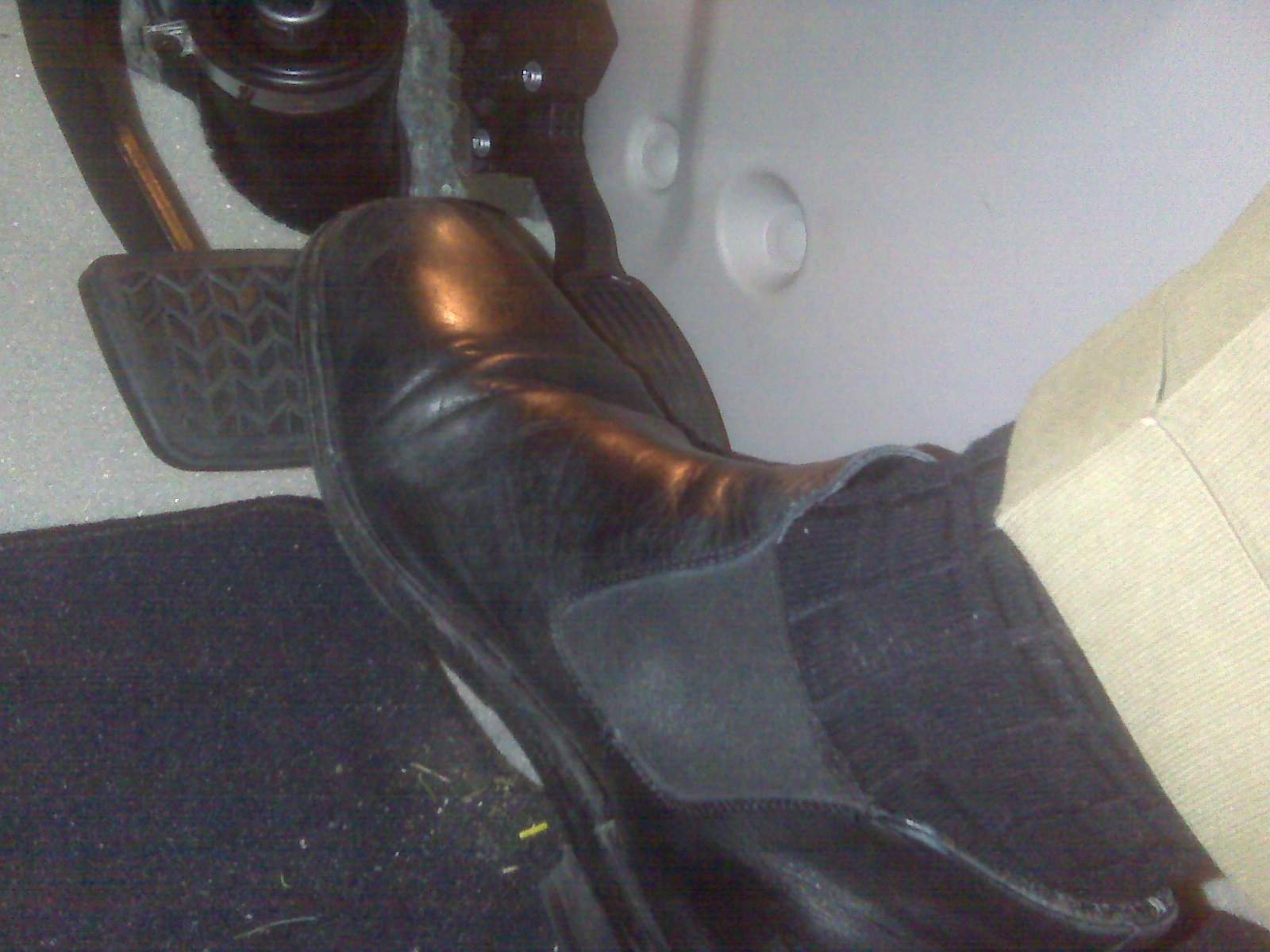Toyota’s unprecedented recall of some 8.1 million vehicles will impact consumers, businesses, and their insurance carriers all over the country. Since 1999, an estimated 2,000 complaints of sudden unintended acceleration in Toyota and Lexus vehicles have been reported to the National Highway Traffic Safety Administration ["NHTSA"]. On February 9, 2010, Toyota issued a global recall of its 2010 Prius hybrid after over 100 complaints of “delayed brake performance” were filed with the NHTSA. [See, timeline of recalls.]
Damages to persons and property as a result of these apparent defects will result in numerous insurance claims scattered throughout the fifty states. The breadth of this recall presents significant subrogation and recovery potential. But the potential complexity and fragmentation of claims raises obstacles to efficiently and effectively prosecuting many separate cases.
Mutual cooperation agreements allow carriers to maximize recovery while minimizing and sharing expenses. Cooperation allows for the appointment of review masters and experts to determine liability and damages related to prior, existing, and future claims. These claims may include payments to insureds for property damage, personal injury, worker’s compensation benefits, business interruption, and loss of goodwill.
It is anticipated that the insurance industry will act quickly and expediently to review past and existing claims related to matters that involve Toyota vehicles. Given the expanse of the recall effort by the automaker and the efforts directed by Toyota to rectify manufacturing and design defects, it is possible that the automaker will also seek a forum for cost effective and expedient resolution of claims related to the defective vehicles.
The availability of multi-district litigation modules and mutual cooperation agreements combined with the efforts of the automaker will effectively endow both the insurance industry and the automaker with a viable alternative to multiple forum litigation.




